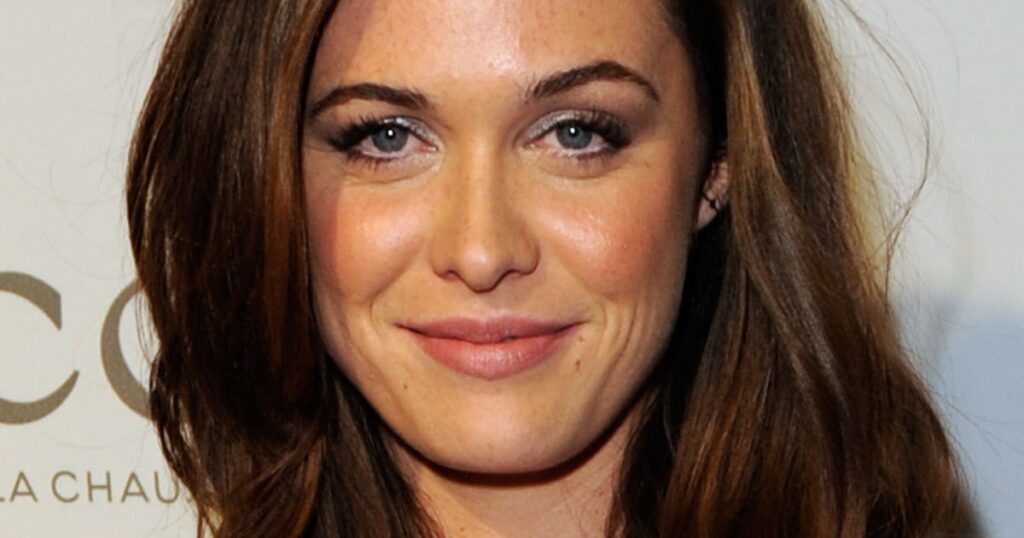
Walking Dead Dawn: Exploring the Franchise’s Enduring Appeal and Future
The zombie apocalypse genre has seen countless iterations, but few have achieved the cultural impact and sustained popularity of The Walking Dead. From its comic book origins to its television adaptation and numerous spin-offs, the franchise has captivated audiences with its blend of horror, drama, and exploration of the human condition in the face of unimaginable adversity. This article delves into the enduring appeal of The Walking Dead, examining its key themes, characters, and the dawn of new stories within the universe.
The Rise of The Walking Dead
Robert Kirkman’s The Walking Dead comic book, launched in 2003, laid the foundation for the sprawling multimedia franchise we know today. Its black-and-white artwork and gritty realism set it apart from traditional zombie narratives. The story focused not just on the undead threat, but on the survivors’ struggles to rebuild society and maintain their humanity in a world gone mad.
In 2010, The Walking Dead premiered on AMC, bringing Kirkman’s vision to a wider audience. The television series, developed by Frank Darabont, quickly became a ratings juggernaut, attracting millions of viewers and spawning a dedicated fanbase. The show’s success was driven by its compelling characters, intense action sequences, and exploration of complex moral dilemmas. The series redefined the zombie genre for a new generation.
Key Themes and Characters
The Walking Dead explores a range of themes, including survival, leadership, morality, and the importance of community. The characters are forced to make difficult choices, often blurring the lines between right and wrong. The show also examines the psychological toll of trauma and loss, as the survivors grapple with the constant threat of death and the disintegration of their former lives.
Rick Grimes, portrayed by Andrew Lincoln, served as the central protagonist for much of the series. His journey from a small-town sheriff to a hardened leader resonated with viewers, as he struggled to balance his desire to protect his loved ones with the need to make ruthless decisions. Other memorable characters include Daryl Dixon (Norman Reedus), a skilled tracker and survivalist; Michonne (Danai Gurira), a katana-wielding warrior; and Carol Peletier (Melissa McBride), a seemingly meek woman who evolves into a formidable force. These characters, along with many others, contributed to the rich tapestry of The Walking Dead universe.
The End of an Era and the Dawn of New Beginnings
After eleven seasons, The Walking Dead concluded its main series run in 2022. While some viewers felt the show had lost its way in later seasons, its impact on television and popular culture is undeniable. The finale offered closure for many characters, while also hinting at new possibilities for the future.
However, the end of the original series did not mark the end of The Walking Dead universe. AMC has continued to expand the franchise with a series of spin-offs, each focusing on different characters and storylines. These spin-offs allow the writers to explore new facets of the zombie apocalypse and introduce fresh perspectives on the established world.
Spin-Offs and Expanding the Universe
Several spin-off series have already premiered, including Fear the Walking Dead, which explores the early days of the outbreak; The Walking Dead: World Beyond, which focuses on a group of teenagers growing up in a post-apocalyptic world; and Tales of the Walking Dead, an anthology series featuring new and returning characters.
More recently, AMC has launched a new wave of spin-offs centered on beloved characters from the original series. The Walking Dead: Dead City follows Negan (Jeffrey Dean Morgan) and Maggie (Lauren Cohan) as they navigate a zombie-infested Manhattan. The Walking Dead: Daryl Dixon sees Daryl embarking on a perilous journey across France. And The Walking Dead: The Ones Who Live reunites Rick Grimes and Michonne, continuing their epic love story amidst the chaos of the apocalypse. These new series demonstrate the franchise’s commitment to keeping the story alive and exploring different corners of the Walking Dead universe.
The Walking Dead: Dead City
The Walking Dead: Dead City offers a gritty and claustrophobic take on the zombie apocalypse, set against the backdrop of a decaying New York City. The unlikely pairing of Negan and Maggie adds a layer of tension and intrigue, as they are forced to rely on each other to survive. The series also introduces new characters and threats, expanding the mythology of the franchise. The show is a definite success for the franchise and continues to receive positive reviews.
The Walking Dead: Daryl Dixon
The Walking Dead: Daryl Dixon takes the action to Europe, as Daryl finds himself stranded in France with no memory of how he got there. The series explores a different cultural context and introduces new types of zombies, adding a fresh twist to the familiar formula. Daryl’s journey is one of self-discovery, as he grapples with his past and forges new connections in a foreign land. Many viewers have lauded the show’s cinematography and unique settings.
The Walking Dead: The Ones Who Live
The Walking Dead: The Ones Who Live is perhaps the most highly anticipated spin-off, as it finally provides answers to the question of what happened to Rick Grimes after his departure from the original series. The series reunites Rick and Michonne, allowing them to continue their love story and fight for a better future. The show promises to be an epic and emotional conclusion to their arc, satisfying long-time fans of the franchise. It’s a testament to the enduring power of the original’s storytelling.
The Future of The Walking Dead
The Walking Dead franchise shows no signs of slowing down. With multiple spin-offs in production and a dedicated fanbase eager for more, the universe is poised to continue expanding for years to come. The success of these spin-offs will depend on their ability to capture the essence of the original series while also offering something new and unique. The writers must continue to explore complex themes, develop compelling characters, and deliver thrilling action sequences to keep audiences engaged. The future of The Walking Dead hinges on its ability to remain relevant and continue to evolve in a crowded entertainment landscape.
The franchise’s enduring appeal lies in its ability to tap into our primal fears and explore the complexities of human nature. In a world where the dead walk, the true monsters are often the living. The Walking Dead reminds us that even in the darkest of times, there is still hope for humanity, and that the bonds of community and family can help us overcome any obstacle. As the sun rises on new stories within the Walking Dead universe, fans can look forward to more thrilling adventures, heartbreaking losses, and ultimately, a glimmer of hope in the face of the apocalypse. The Walking Dead dawn is upon us, and the story continues.
Looking ahead, the integration of new technologies and storytelling techniques could further enhance the Walking Dead experience. Virtual reality experiences, interactive narratives, and even augmented reality games could offer fans new ways to immerse themselves in the world of the undead. The possibilities are endless, and the franchise has the potential to remain at the forefront of entertainment innovation.
Ultimately, the success of The Walking Dead is a testament to the power of storytelling. Robert Kirkman’s vision has resonated with millions of people around the world, and the franchise has become a cultural phenomenon. As the Walking Dead dawn continues to break, we can expect to see even more stories emerge from this rich and complex universe, reminding us of the importance of hope, resilience, and the enduring human spirit.
[See also: The Walking Dead: Rick Grimes’ Journey]
[See also: Fear the Walking Dead: A Different Perspective]
[See also: The Walking Dead: Best Zombie Kills]

